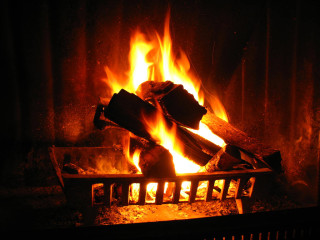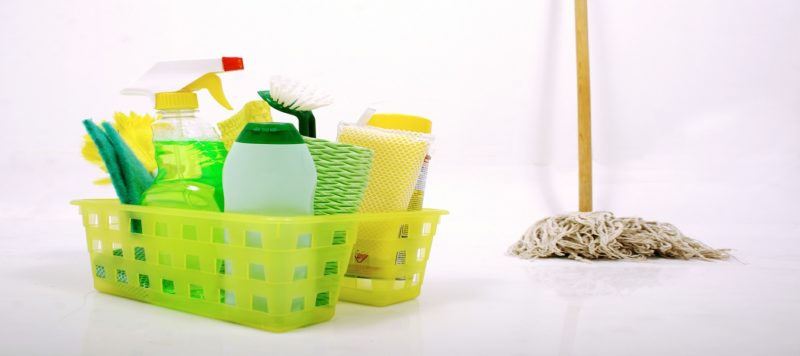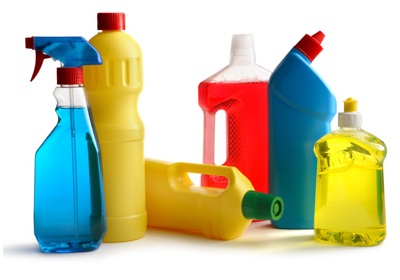
During the cold, rainy seasons, most people who have dry season allergies (especially pollen and dust allergies) breathe a sigh of relief as they look forward to an allergy free month at the very least. Allergies do not simply vanish with the dry season however and as a result, we still have to contend with what are referred to as winter allergies.  Most homes in Nairobi do not have heating systems built into the house and most people look for alternative means of staying warm during the rainy season. Fireplaces and jiko’s are the most common methods aside of course from warm dressing. The unfortunate bit about these methods of staying warm is that the fire releases into the air fragments, mold spores and dust that can still trigger allergic reactions.
Most homes in Nairobi do not have heating systems built into the house and most people look for alternative means of staying warm during the rainy season. Fireplaces and jiko’s are the most common methods aside of course from warm dressing. The unfortunate bit about these methods of staying warm is that the fire releases into the air fragments, mold spores and dust that can still trigger allergic reactions.
Now that we have established that there allergies no matter the season, it is imperative to know the difference between allergy symptoms and symptoms triggered by colds and other illnesses. Most allergy symptoms are similar to those elicited when one has flu or a common cold. They include coughing, runny nose, itchy eyes, sneezing, watery eyes among others. The first differentiating factor is duration. Because of the body’s immunity a cold will usually resolve within ten days or less. Allergies can stay on for weeks on end. The second way to discern what you or a loved one is suffering from is by watching out for complaints about joint and muscle pains and headaches.
Allergies can be diagnosed by an allergist. If you suspect that you have cold season allergies then you need to visit a doctor as soon as is possible. The doctor will most likely expose you to certain mild forms of allergens to see if you elicit a reaction. They may also carry out certain blood tests to confirm the same.
 After a thorough and comprehensive exam treatment, management of symptoms is the next step. Most mild allergies are fully controlled by antihistamines which will be provided by your specialist. There are also allergy injections that work through a desensitization process. As your body is exposed to gradually increasing doses of allergens it adjusts to it and symptoms begin to abate. Decongestants also come in handy for cold season allergies.
After a thorough and comprehensive exam treatment, management of symptoms is the next step. Most mild allergies are fully controlled by antihistamines which will be provided by your specialist. There are also allergy injections that work through a desensitization process. As your body is exposed to gradually increasing doses of allergens it adjusts to it and symptoms begin to abate. Decongestants also come in handy for cold season allergies.
Prevention has always been better than cure. You can keep allergies at bay this cold season through some very simple steps;
- Ensure that your curtains, bedding and clothes do not have mold. Remove anything that has mold to keep mold spores out of your house.
- For a home with bathtubs and sinks, bleach or some form of sanitizer should be used to clean. This reduces the possibility of mold growing at these points.
- Where possible, dehumidifiers should be used during the cold season especially in a home with allergy prone individuals.
- Wash beddings as frequently as possible and with hot water. This gets rids of mold quite effectively. If you do not have the time to clean comprehensively hire a cleaning company to do a top down cleaning of your home.
- Where possible use allergy –proof sheets, pillow covers and duvet covers as these repel allergens.







